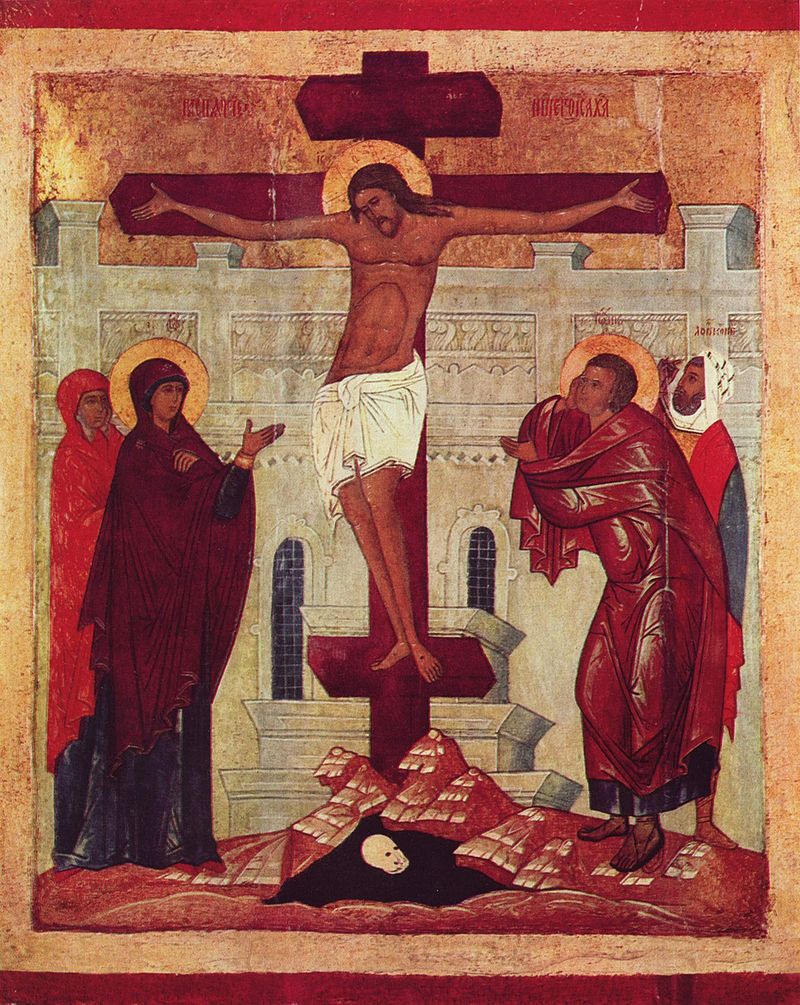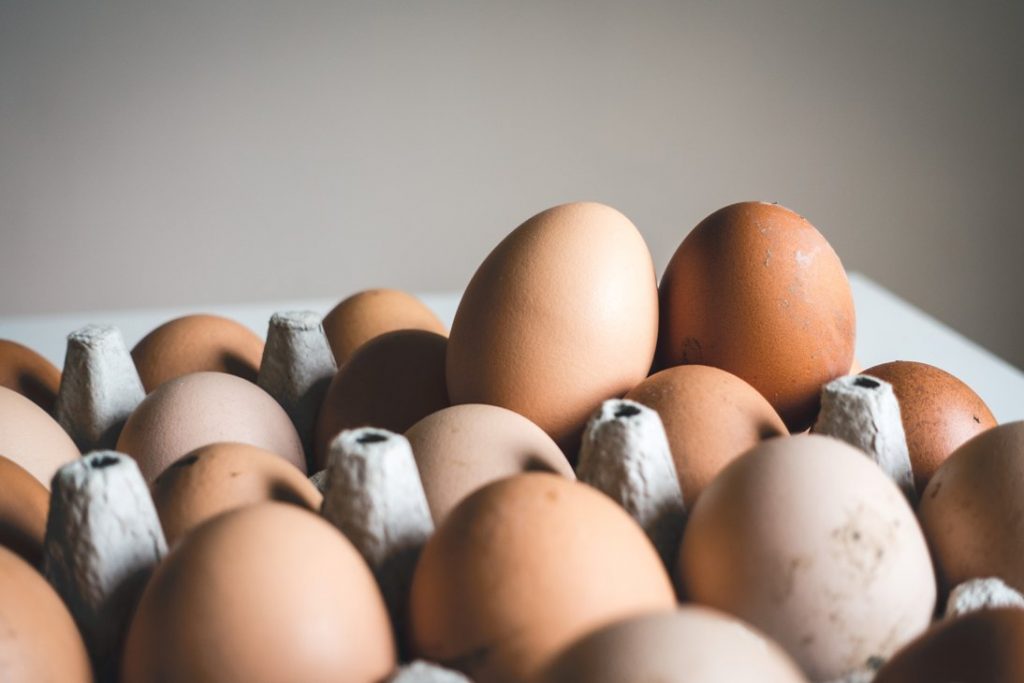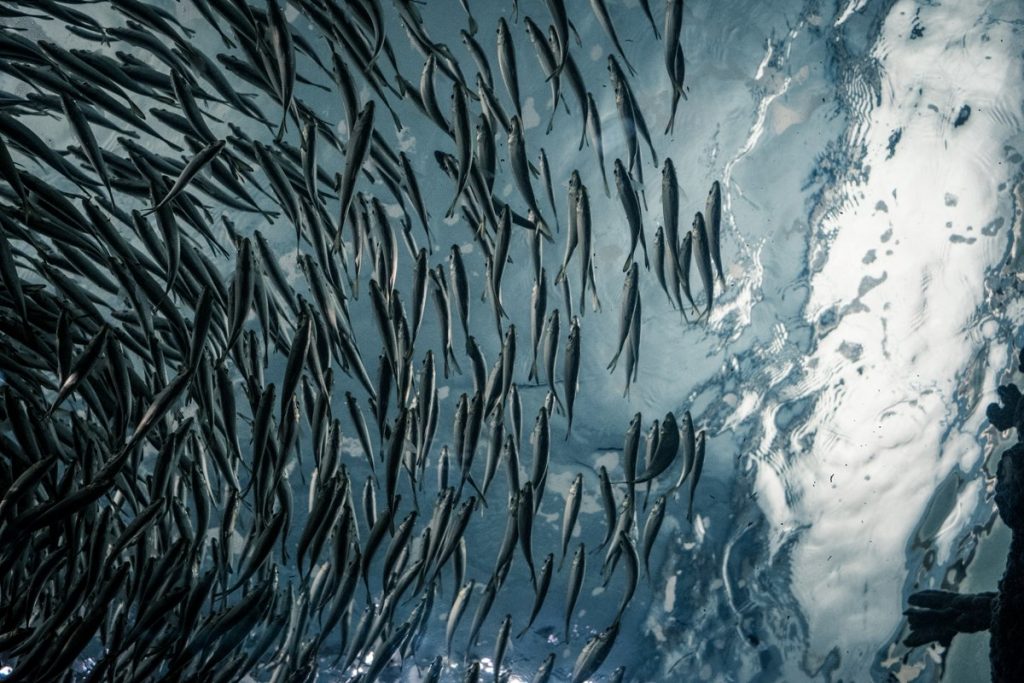Karfreitag – Good Friday in Germany Posted by Sten on Mar 30, 2018 in Culture, Holidays, Language
Today is Karfreitag (Good Friday)! It is a Christian holiday commemorating the Kreuzigung (crucifixion) of Jesus. It is celebrated, or commemorated, differently all over the world, but generally is regarded as a holiday. And so it is in Germany. Let’s find out what Germans do on this day!
What does Karfreitag mean?
In German, the word Kar does no longer have meaning, yet it is used in combination with Freitag to form the word Karfreitag. Kar comes from the althochdeutsches Wort (Old High German word) kara, which means Klage/Kummer/Trauer (grievance/grief/mourning). So Karfreitag could be translated loosely to “Mourning Friday”. That would be closer to the alternative “Black Friday” in English.
Karfreitag is before Karsamstag and after Gründonnerstag (Green Thursday). The reason why it is called Gründonnerstag has a lot of different theories, but we will not go into that right now!
Tanzverbot
Karfreitag is considered a gesetzlicher Feiertag (public holiday, by law) in Germany and most Swiss cantons. In Austria, only a few Kirchen (churches) see the Karfreitag as a gesetzlicher Feiertag, but is not generally observed as such a holiday. It is not celebrated, everything is kept sober – even in Catholic churches. In Catholic circles, it is sometimes part of Osterfasten (Easter Fasting).
Because it is such a calm day, with mourning, it is also called stiller Feiertag (quiet holiday) in Germany. There are some restrictions in Germany, such as the Tanzverbot (dancing prohibition). This is exactly what it sounds like: Dancing is not allowed in Germany on Karfreitag! It counts for public Tanzveranstaltungen (dance events) and the like. Of course, you can still dance by yourself, it is a free country after all!
The Tanzverbot is laid down in the laws of the Bundesländer, so the rules differ per Bundesland. Some, such as Bayern (Bavaria) have a ganztägiges (whole-day) Verbot, that also counts for the next day, Karsamstag. In other places, such as Berlin, the Tanzverbot is looser: it is only until 9 pm on Karfreitag, and does not count on Karsamstag. Which times count is different in each Bundesland.
It goes even a little further in Bayern: They also have a Musikverbot (music prohibition), which means that in many restaurants etc., live music is not allowed on Karfreitag and Karsamstag!
However, there are some disputes over these laws and their conflict with the Versammlungsfreiheit (freedom of assembly) and the Weltanschauungsfreiheit (freedom of ideology/religion).
Magic eggs
There is a tradition in Germany that Eier (eggs) laid on Gründonnerstag or Karfreitag have magische Eigenschaften (magic properties), mostly for Fruchtbarkeit (fertility). So, if you would eat such a Karfreitagsei, you should be more fruchtbar!
A lot of fish
Because of the Brauchtum (tradition) of fasting on Karfreitag, which means that Catholics do not eat meat, only one large meal and two smaller ones, Fisch (fish) is allowed. And so a lot of people eat Fisch on this day!
What do you think of this holiday? How is it in your country? Let me know in the comments below!

Build vocabulary, practice pronunciation, and more with Transparent Language Online. Available anytime, anywhere, on any device.








Comments:
Veena:
Great work!